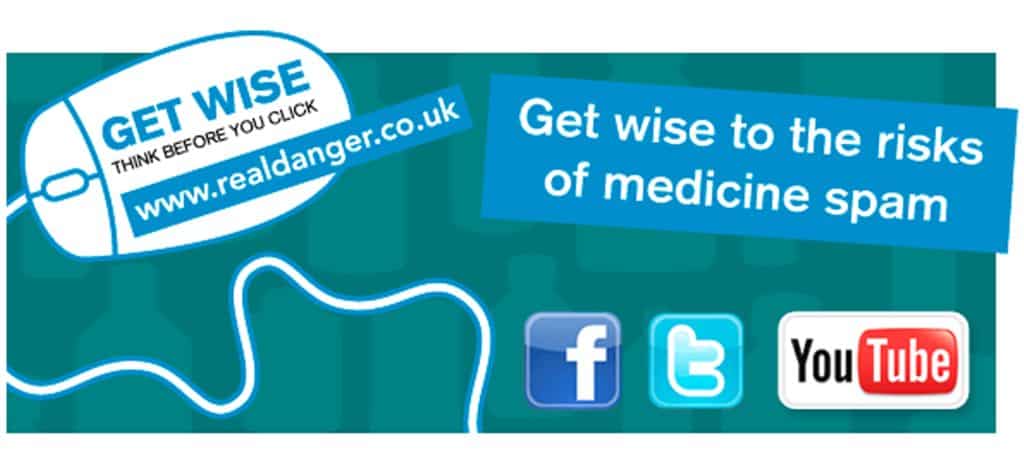
Digital Pharma: Social media boost for Pfizer anti-counterfeits campaign
pharmafile | March 28, 2011 | News story | Medical Communications | Digital Pharma blog, Pfizer, counterfeits
Pfizer UK is using social media to reinvigorate its Real Danger patient safety campaign.
The next phase of the campaign, which began with a hard-hitting cinema advert in 2009, uses Twitter and Facebook to warn the public about the dangers of ‘medicine spam’.
The campaign’s updated website explains that medicine spam – unwanted online communications – is not just confined to email, but can also affect social media sites.
“Counterfeiters are very quick to adopt the latest technologies or online trends to catch unsuspecting people out,” the company notes.
It explains how YouTube, Facebook, Twitter and online forums can be used to send medicines spam, and details the best ways to report it to the relevant authorities.
The company is using social media channels itself to promote its message and has launched a new Twitter account – @realdangeruk – and a dedicated Facebook page for the initiative.
The television version of its original cinema advert has long been available on its YouTube channel and, with some 180,000 views, is the most watched video from a European pharma company.
The dangers of counterfeit medicines
Pfizer’s Viagra and other treatments for erectile dysfunction are among the most widely counterfeited drugs, and there are thousands of websites worldwide that peddle fake versions.
But Pfizer says the problem is spread wider than that, with counterfeiters now targeting lifesaving medicines for conditions such as cancer and heart problems.
The Real Danger campaign, which warns of the dangers of buying prescription medicines online from unlicensed pharmacies, was first launched with a graphic warning about counterfeit medicines.
The cinema advert showed a man coughing-up a dead rat, a stomach-churning image inspired by rat poison being found in some counterfeit drugs.
Later that year it was expanded with further multi-media elements, including a country-wide poster campaign, road shows and an online game developed in partnership with The Sun newspaper.
Pfizer UK’s social media campaigns
The extension to the Real Danger campaign is the third time Pfizer UK has tapped into social media sites to run awareness campaigns.
It first used Twitter for its online male health clinic ManMOT and subsequently launched a social media-only disease awareness campaign for chronic pain.
Can You Feel My Pain? featured presences on Twitter and Facebook in a number of different European languages, as well as a photo-sharing group on Flickr, but – uniquely – there was no central campaign website.
Dominic Tyer is web editor for Pharmafocus and InPharm.com and the author of the Digital Pharma blog He can be contacted via email, Twitter or LinkedIn.
Related Content
NICE recommends Pfizer’s new once-weekly treatment for haemophilia B on NHS
Walton Oaks, 21st May 2025 – Pfizer Ltd announced today that the National Institute for Health and Care …

Pfizer releases results for severe RSV-associated LRTD treatment study
US-based Pfizer have announced results from its substudy B of the ongoing phase 3 clinical …
New Real-World Data Published in Journal of Cardiac Failure on Effectiveness
Patients treated with tafamidis were associated with greater rates of survival compared with patients untreated …






